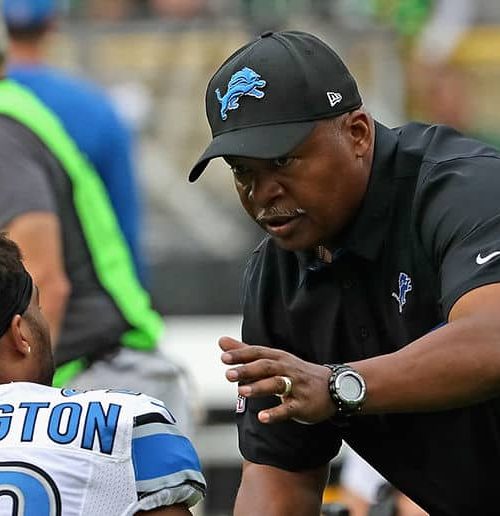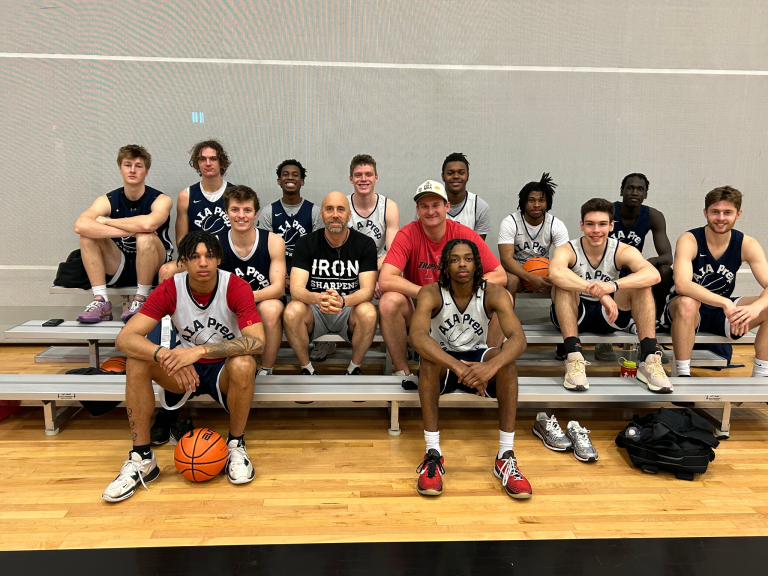ATHLETES IN ACTION
A GLOBAL COMMUNITY TO DEVELOP ATHLETES PHYSICALLY, MENTALLY AND SPIRITUALLY
belong beyond your sport
Athletes in Action (AIA) is a community that understands there are some needs that sport cannot meet. For more than 50 years we’ve been walking with athletes to help them grow in all dimensions of life, becoming a total athlete. Join our global community for a place to belong in and beyond your sport. Learn More
We connect athletes and coaches to our global community where they can develop holistically and discover purpose both during and after their competing career.
Join a community:
- on your campus
- on a sport-specific competing team
- during a camp or retreat
- through an internship
- and more…
You were created to make a difference, not only where you are, but around the world. At Athletes in Action we value helping you, as a sport influencer, learn to use your platform to unleash lifelong leaders on your teams, in your community, and in the most remote parts of the globe. See more about our mission.
who we are
At Athletes in Action (AIA), we are a community that understands there are some needs that sport cannot meet. For more than 50 years we’ve been walking with athletes to help them grow in all dimensions of life, becoming a total athlete.
Join our global community for a place to belong in and beyond your sport.
what we do
We connect athletes and coaches to our global community where they can develop holistically and discover purpose both during and after their competing career. Join a community…
- on your campus
- on a sport-specific competing team
- during a camp or retreat
- through an internship
- & more...
why we do it
You were created to make a difference, not only where you are, but around the world.
We value helping you, as a sport influencer, learn to use your platform to unleash lifelong leaders on your teams, in your community, and in the most remote parts of the globe.
be a world-changer
Whether an athlete or coach, you have influence to change the world. Join the AIA community today.
READ THE LATEST
Where sport culture, relationships, character, identity, and faith collide.
never miss a play
Get weekly articles on sport culture, relationships, and identity.



